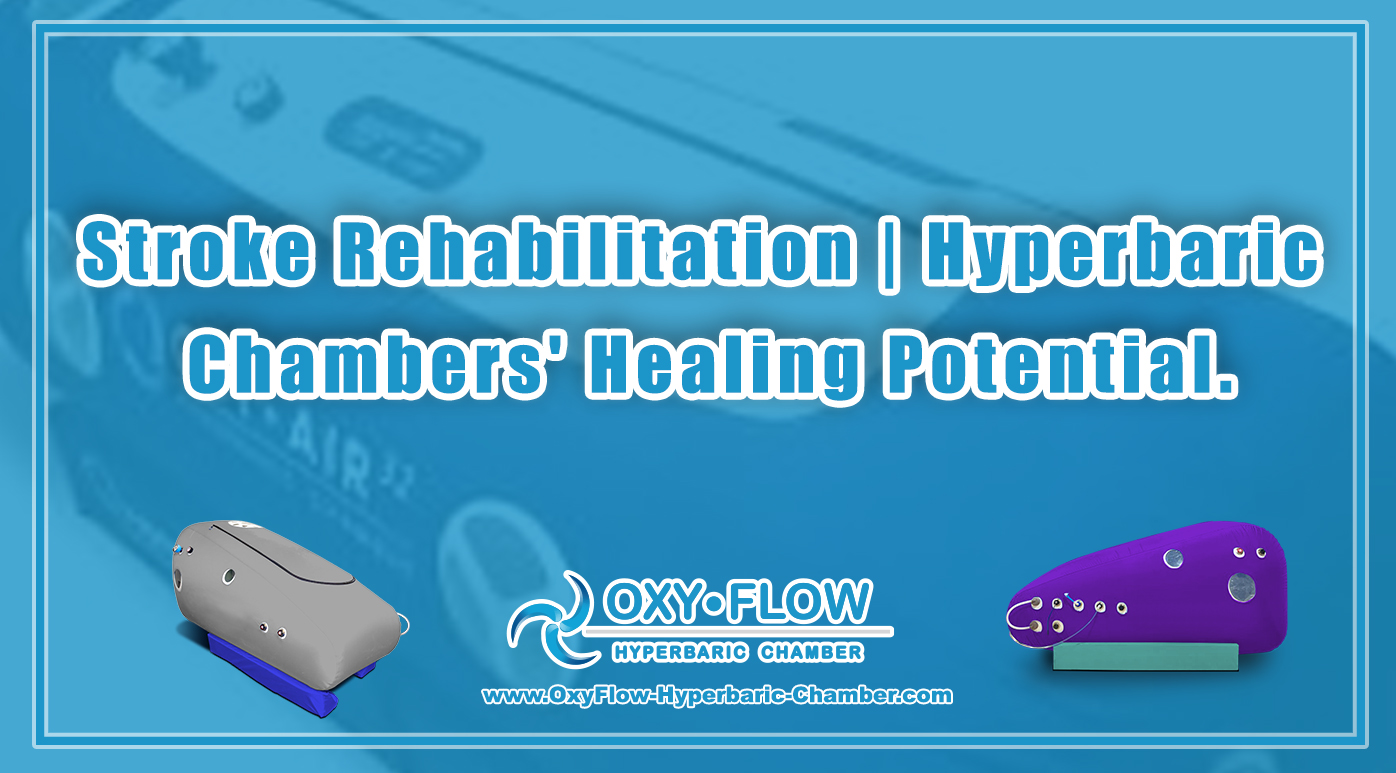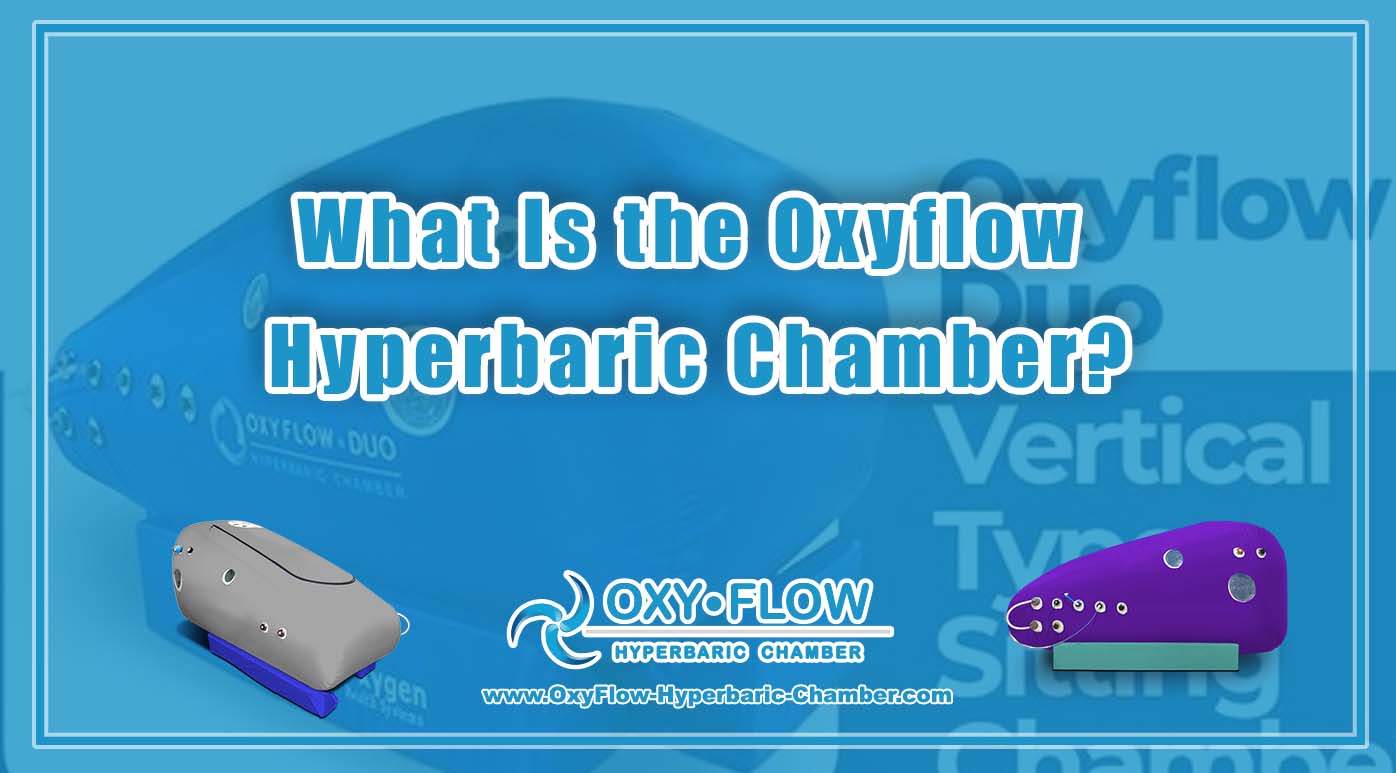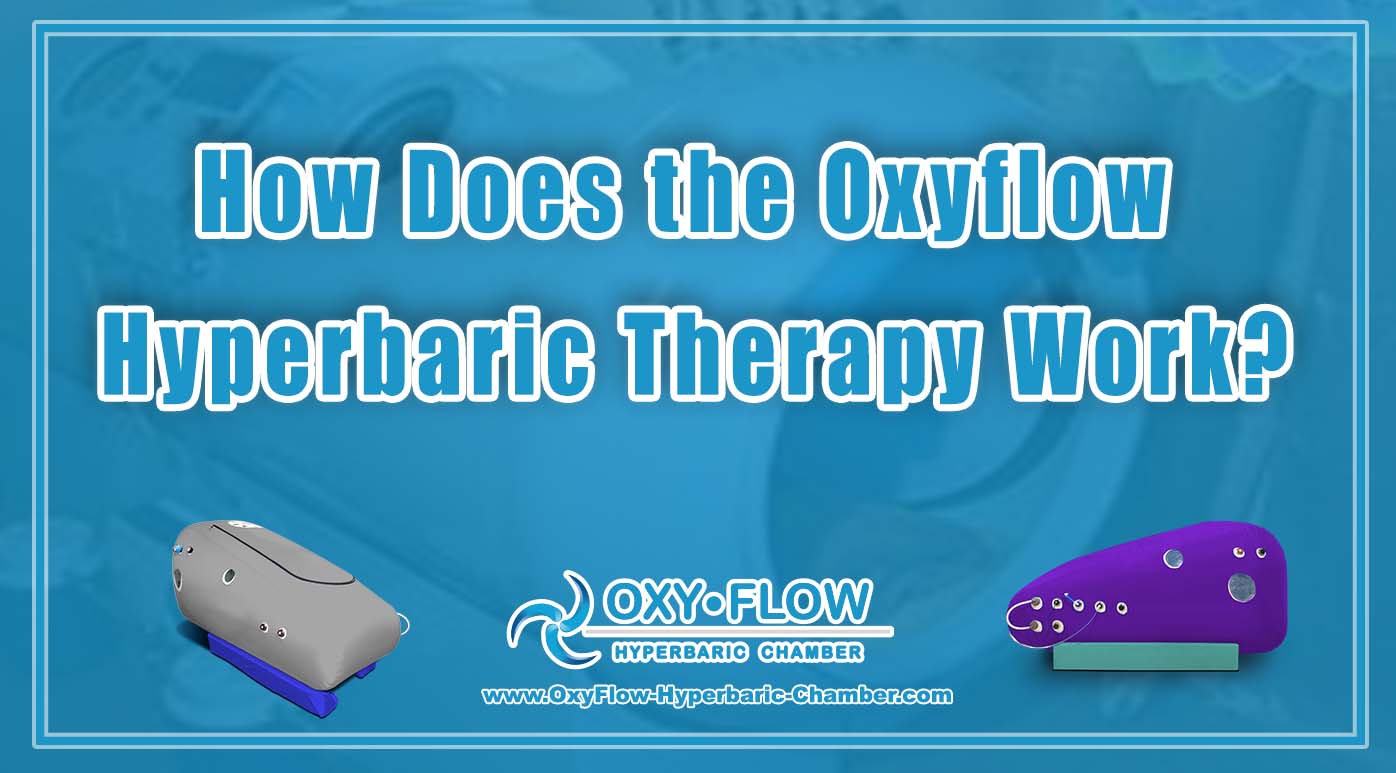
Stroke Rehabilitation | Hyperbaric Chambers’ Healing Potential.
Stroke Rehabilitation | Hyperbaric Chambers’ Healing Potential.

A stroke can have a devastating impact on an individual’s life, causing physical and cognitive impairments that can significantly affect their quality of life. Stroke rehabilitation plays a crucial role in helping stroke survivors regain lost functions, improve their mobility, and enhance their overall well-being. While traditional rehabilitation methods have proven to be effective, emerging technologies such as hyperbaric chambers are showing promising results in enhancing the recovery process for stroke survivors.
Understanding Stroke Rehabilitation
Stroke rehabilitation is a comprehensive process that aims to help stroke survivors relearn skills lost due to the brain damage caused by a stroke. The intensity and duration of rehabilitation programs may vary depending on the severity of the stroke and the individual’s specific needs. Physical therapy, occupational therapy, speech therapy, and cognitive therapy are common components of stroke rehabilitation programs.
The goals of stroke rehabilitation include improving mobility, restoring muscle strength, enhancing coordination and balance, and addressing cognitive impairments such as memory loss and difficulties with problem-solving and decision-making. Rehabilitation programs are tailored to the individual’s unique needs to maximize their recovery potential and promote independence in daily activities.
The Role of Hyperbaric Chambers in Stroke Rehabilitation
Hyperbaric oxygen therapy (HBOT) involves breathing pure oxygen in a pressurized environment, such as a hyperbaric chamber. The increased oxygen levels in the body during HBOT promote tissue repair, reduce inflammation, and enhance the body’s natural healing processes.
In the context of stroke rehabilitation, hyperbaric chambers offer a non-invasive and adjunctive approach to traditional therapies. By increasing oxygen delivery to the brain, hyperbaric oxygen therapy has the potential to promote neuroplasticity, which is the brain’s ability to reorganize and form new connections following injury. This can aid in the recovery of motor function, speech, and cognitive abilities in stroke survivors.
Benefits of Hyperbaric Oxygen Therapy for Stroke Survivors
1. Enhanced Brain Repair and Regeneration
HBOT has been shown to stimulate the growth of new blood vessels and improve blood flow to areas of the brain affected by stroke. This promotes the regeneration of brain tissue and helps in restoring lost functions. Additionally, hyperbaric oxygen therapy may reduce brain swelling and protect surrounding brain tissue from further damage.
2. Improved Neurological Function
Hyperbaric chambers create an oxygen-rich environment that enhances cellular metabolism and energy production in the brain. This can lead to improved neurotransmitter function, reduced oxidative stress, and enhanced neuronal repair processes. As a result, stroke survivors may experience improvements in motor skills, speech, memory, and cognitive function.
3. Accelerated Healing and Recovery
HBOT has the potential to accelerate the healing process in stroke survivors by reducing inflammation, promoting tissue repair, and enhancing immune function. This can translate to faster recovery times, improved mobility, and better functional outcomes for individuals undergoing stroke rehabilitation.
4. Non-Invasive and Safe Treatment Option
Hyperbaric oxygen therapy is a non-invasive treatment option that is generally well-tolerated by patients. The risks associated with HBOT are minimal, making it a safe adjunctive therapy for stroke survivors. Hyperbaric chambers are designed to deliver precise levels of oxygen under controlled conditions, ensuring the safety and comfort of individuals during treatment sessions.
Incorporating Hyperbaric Oxygen Therapy into Stroke Rehabilitation Programs
Integrating hyperbaric oxygen therapy into stroke rehabilitation programs requires a multidisciplinary approach involving healthcare professionals, rehabilitation specialists, and hyperbaric medicine experts.
Stroke survivors undergoing hyperbaric oxygen therapy may benefit from a personalized rehabilitation plan that combines traditional therapies with HBOT sessions. Regular assessments and monitoring of progress are essential to track improvements in motor function, cognitive abilities, and overall well-being.
Conclusion
Hyperbaric chambers have shown significant potential in enhancing the recovery process for stroke survivors by promoting brain repair, improving neurological function, and accelerating healing. As research in this field continues to evolve, hyperbaric oxygen therapy is emerging as a promising adjunctive treatment option for individuals undergoing stroke rehabilitation. By harnessing the healing potential of hyperbaric chambers, healthcare providers can optimize outcomes for stroke survivors and help them regain lost functions and independence.
Stroke rehabilitation remains a complex and challenging journey, but with advancements in technology and innovative treatment modalities such as hyperbaric oxygen therapy, the future looks promising for stroke survivors seeking to improve their quality of life and well-being.


